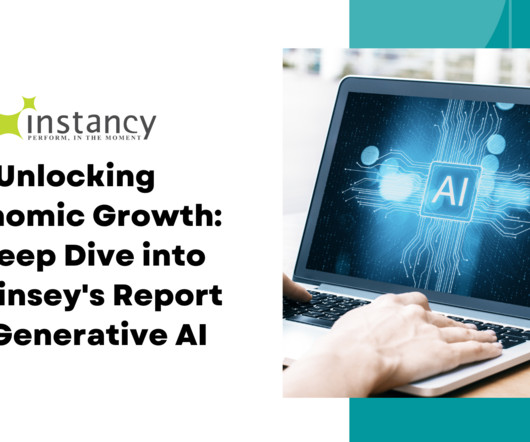From Learning Management to Personal Knowledge Management
Jane Hart
AUGUST 11, 2012
All of which has now become possible due to the availability of an ever-increasing number of instructional and informational resources as well as social tools, together with easy access to huge numbers of people in social networks and online communities. 1-30 September : Personal Knowledge Management led by Harold Jarche. »











































Let's personalize your content